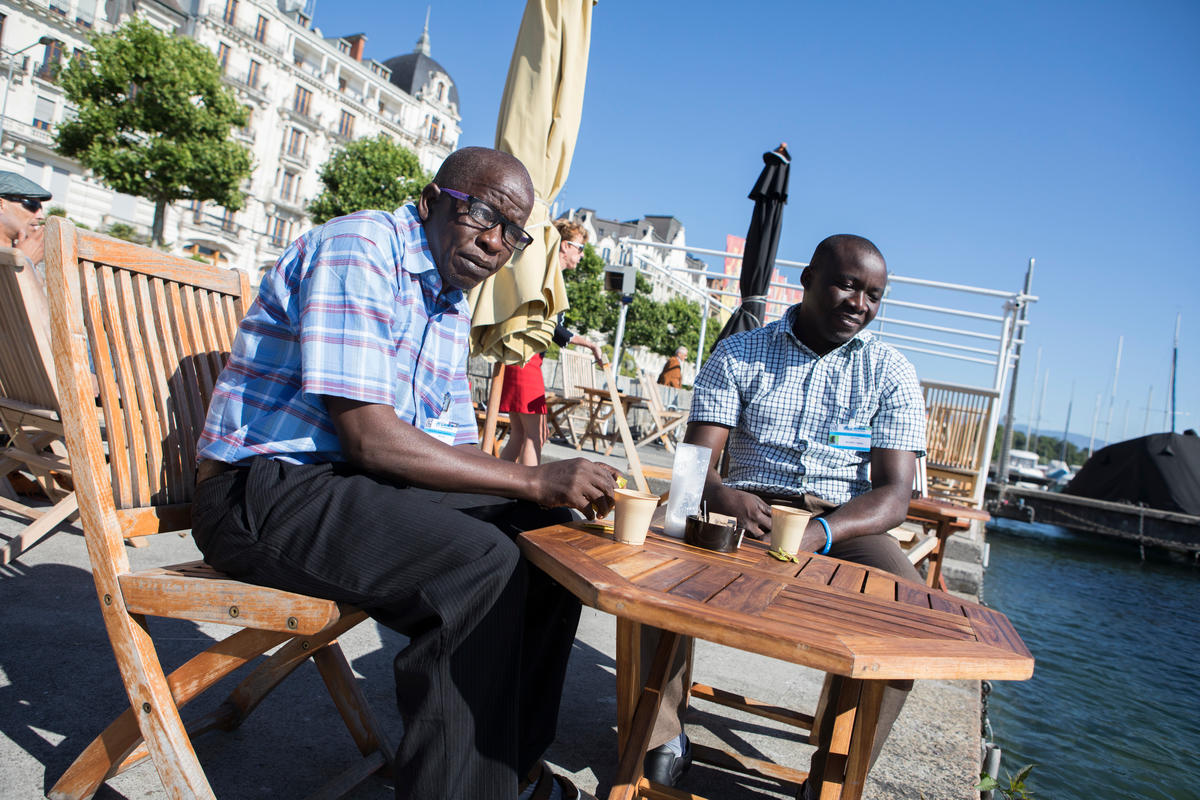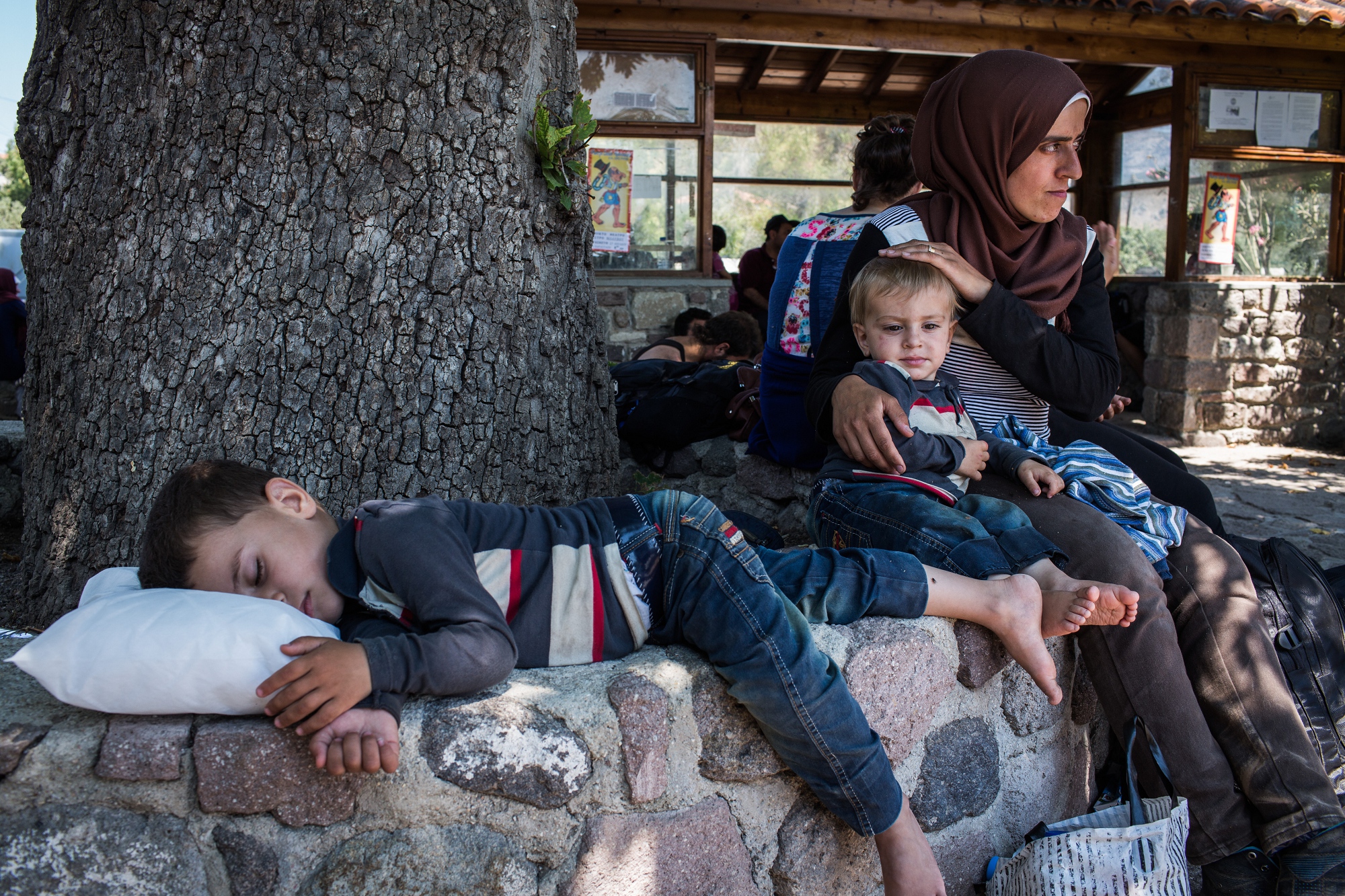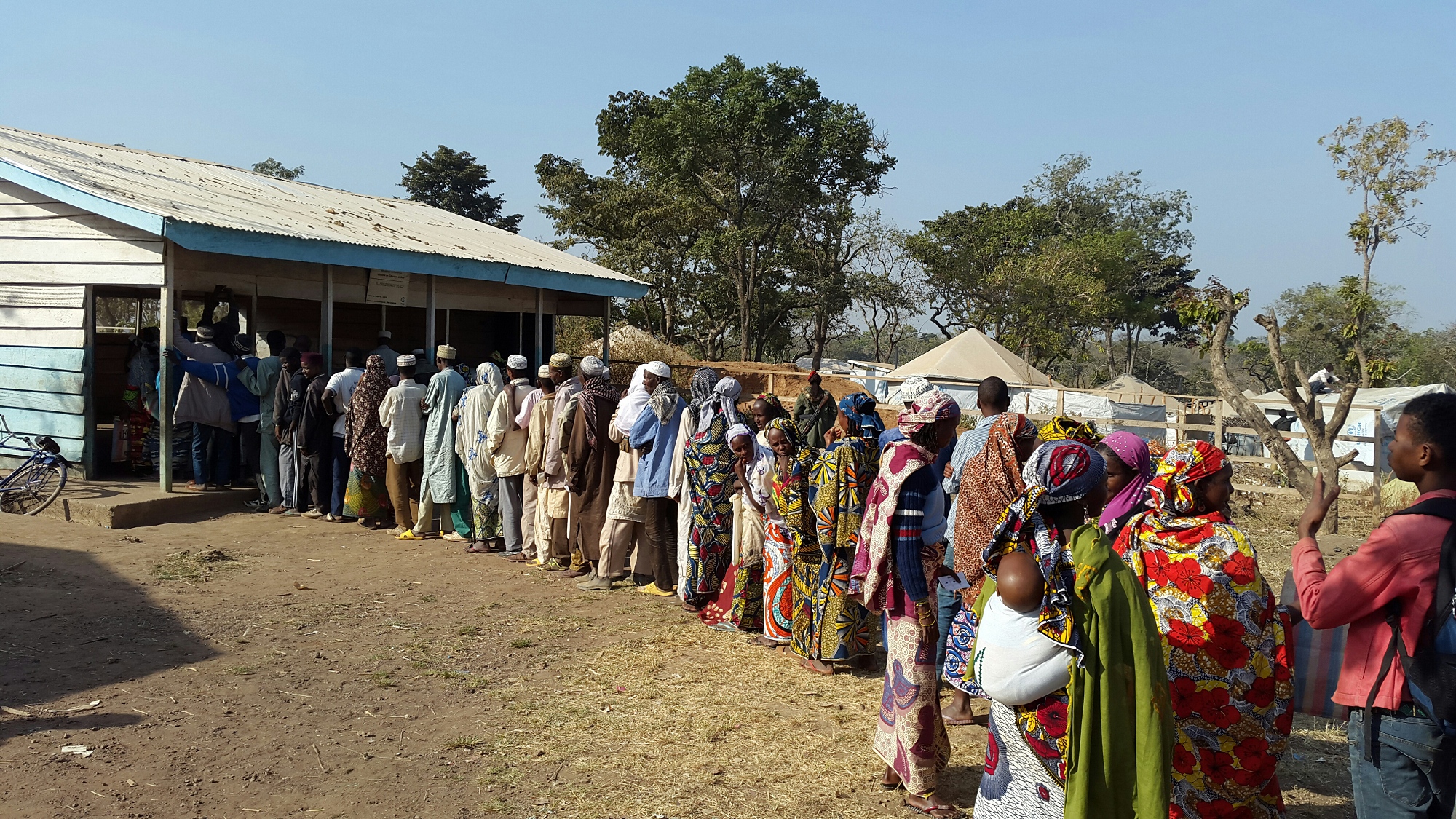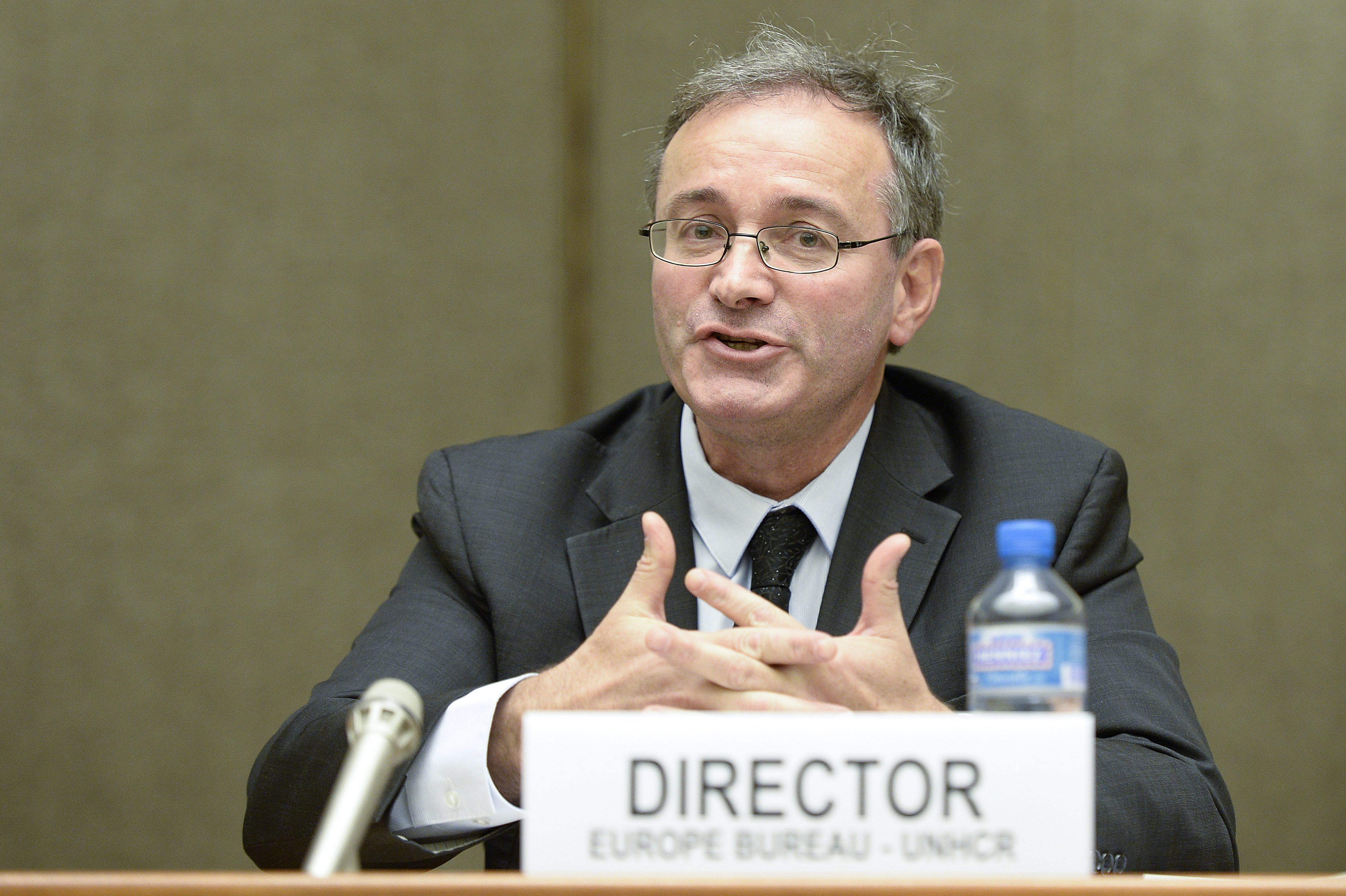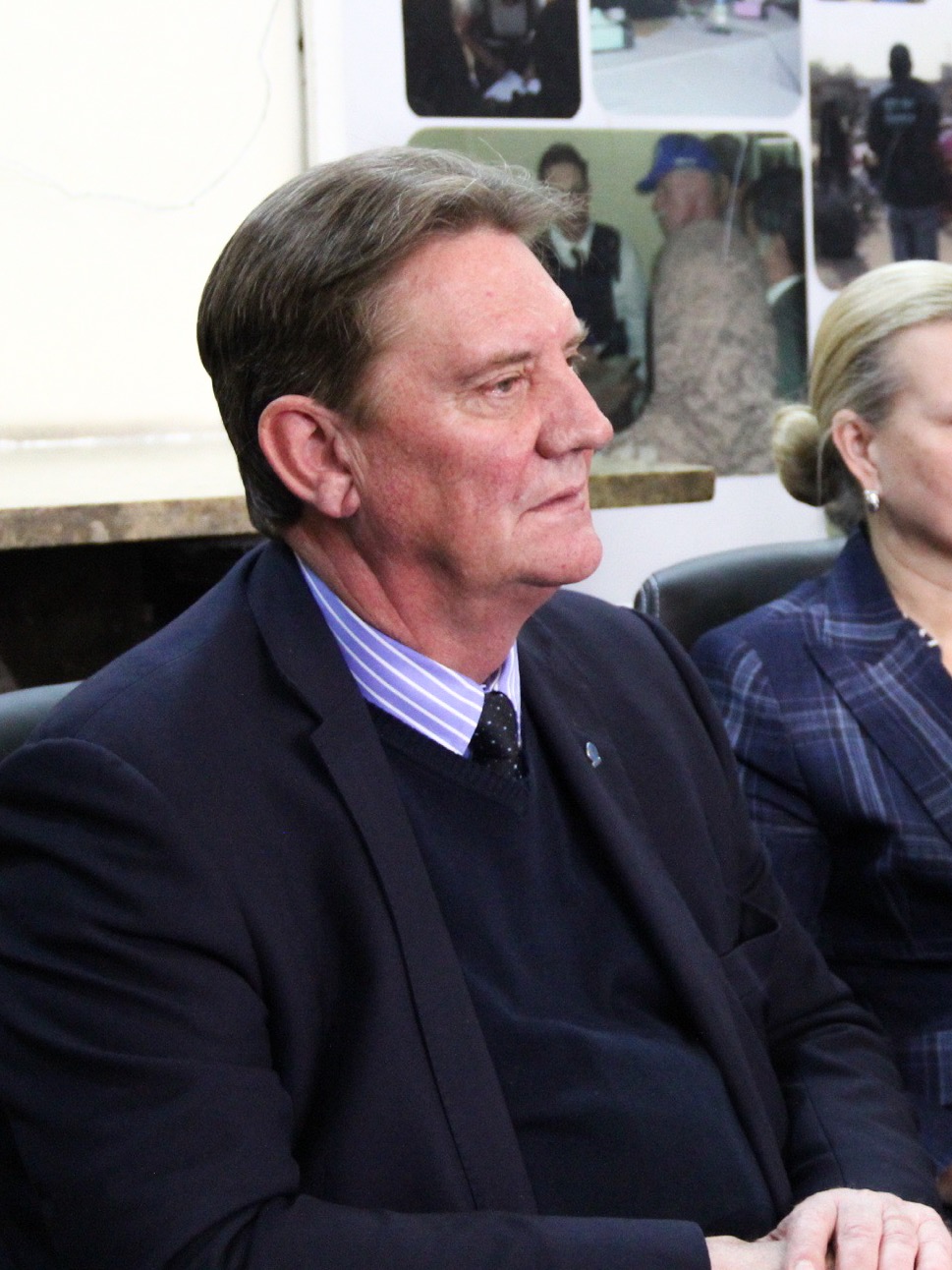Q&A: Play raises the curtain on former Congolese refugee's life in Arizona
Q&A: Play raises the curtain on former Congolese refugee's life in Arizona

WASHINGTON, DC, United States, April 21 (UNHCR) - Shukuru Kalunga is a high school teenager with dreams of becoming a lawyer. What sets Kalunga apart from other students are the obstacles he has overcome both before and after arriving in the United States. Kalunga and his family are refugees from the Democratic Republic of the Congo. They were resettled to Tuscon, Arizona in 2008 after having lived in a refugee camp in Uganda for several years. In an effort to spread the word in his community about the way in which refugees live, Kalunga wrote and produced a play titled "The Unexpected." The work is based on his experiences as a newly arrived refugee in Tucson and it has been widely attended. Kalunga spoke to UNHCR's Public Information Intern Stephany Warner.
What were your greatest challenges on arriving in America?
Coming to America was very challenging for me and my family because we didn't know anybody and we didn't understand the language. It was very hard to communicate and express everything that I wanted to say. I had a language problem when I first arrived here because American English is very different to the English we learn in Africa. When people wrote in English, I would understand what they were saying, but when they spoke, I was unable to understand. When I got to school, I found another challenge, because the education system in America is very different from the education system in my country. I was very confused and not sure if I would manage. My English teachers encouraged me and gave me hope to continue when I was thinking of dropping out of school.
Tell us about the play and why you wrote it
The first thing I did was to write an essay about my experiences and this was published in a magazine. I then decided that I needed to do something that would enable people to come and see my experiences live. I felt a play would be very powerful in expressing the feelings of refugees. The play isn't just about my life experiences, but rather the experiences of all refugees, particularly those living in Tucson. When I first got here, I was surprised at how difficult life in America was. I did the play to show the problems refugees face and to put it into perspective for those residing in Tucson. I felt that if I perform it, then people will get the message and realize the challenges refugees face in America and the things they have been through.
What are your plans and hopes for the future?
I am trying to pursue law as a career because I have always wanted to advocate for people. Every day is a new life for me, and in the years to come I really want to work with refugees. Through my experiences, I have realized that there is a need for more people to help newly-arrived refugees in America and to offer support.
A lot of refugee children have ideas and goals, but they don't have confidence in themselves. Most of them don't feel others would be willing to hear their stories. Some of the actors in my play were refugee children and they were amazed at the amount of people in the community who cared enough to come and see a play about the lives of refugees such as themselves. I hope that this play influences other children to tell their stories and develop confidence in themselves.
Many refugees feel others view them as not knowing anything because they are refugees, when in fact they know a lot due to their experiences. I have spoken to some refugees studying at the two universities that I am considering for my further education in the Fall, and they are willing to spearhead a refugee youth organization. All I need for the time being is to go there and start planning for this organization.

